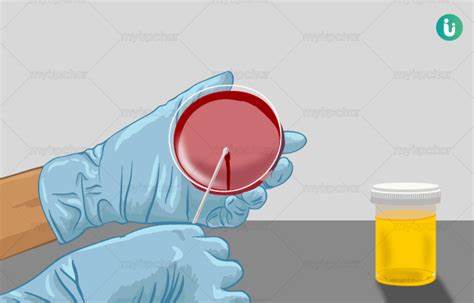Urine Culture & Sensitive
Where a urine sample is collected and plated on a specialized culture medium in the laboratory to detect the presence of bacteria, fungi, in the urine. This test is used to diagnose urinary tract infections (UTIs), identify the causative organism of the infection, and determine effective antibiotics for treatment. Read More
KD 12.00


